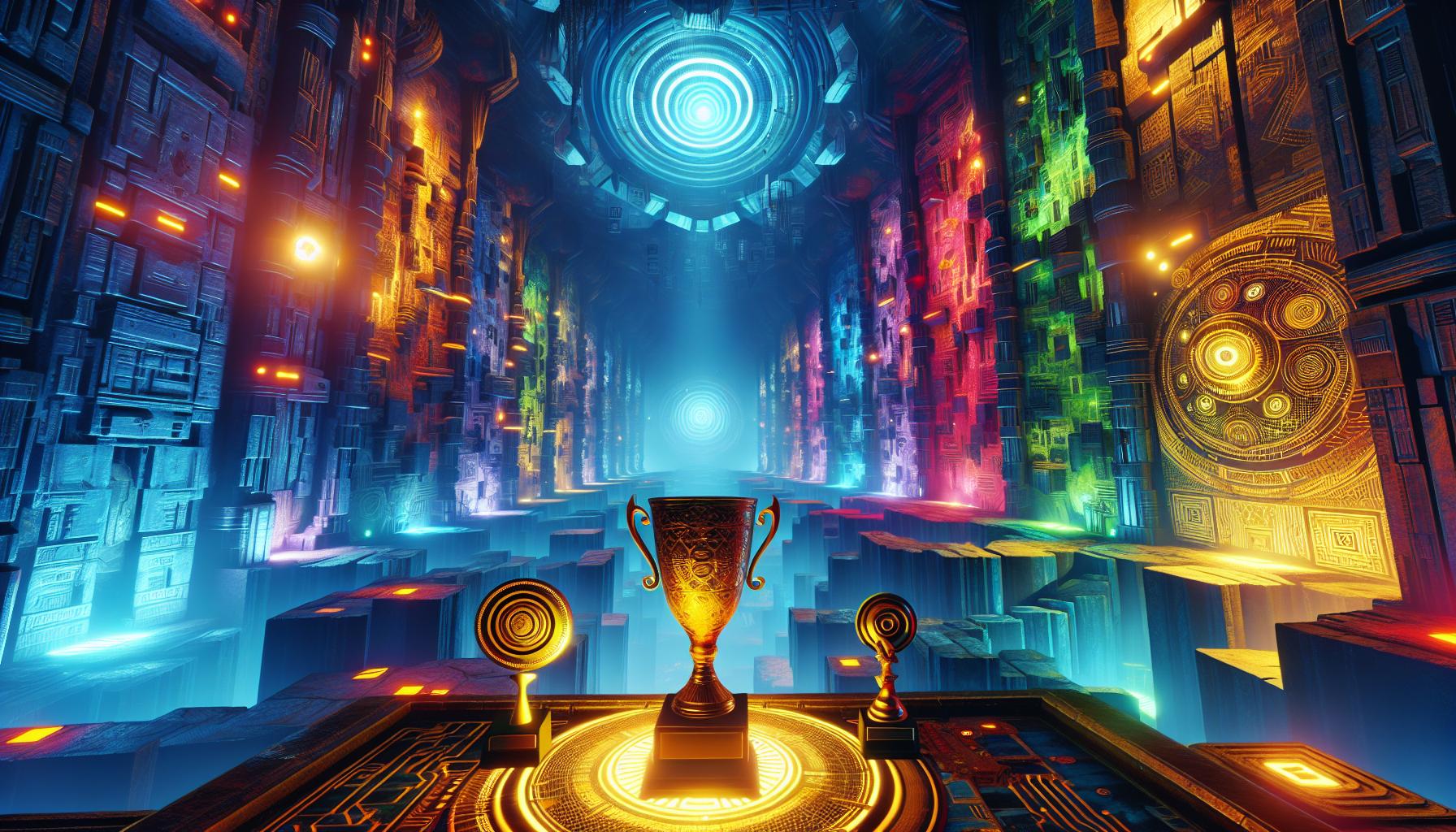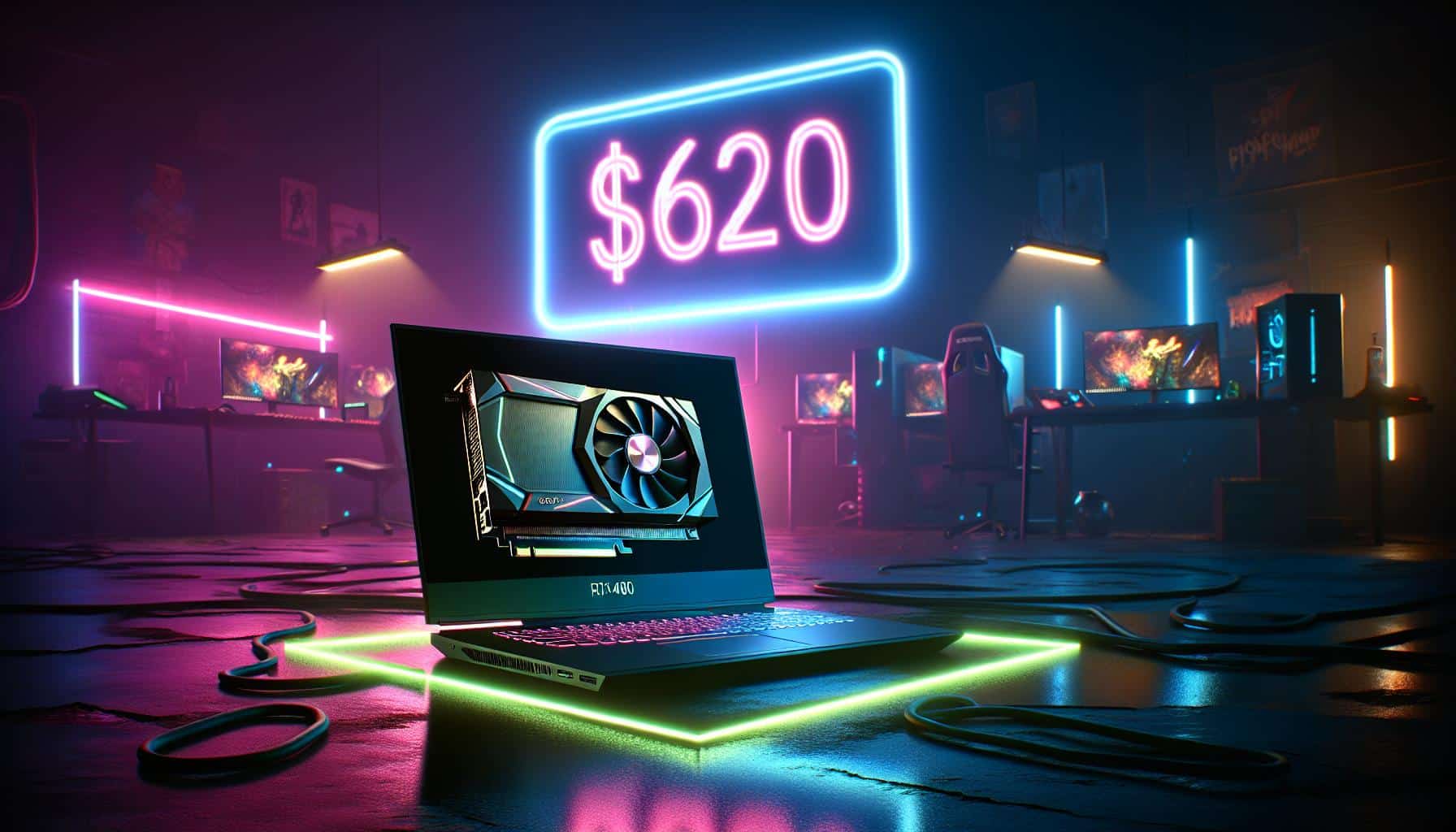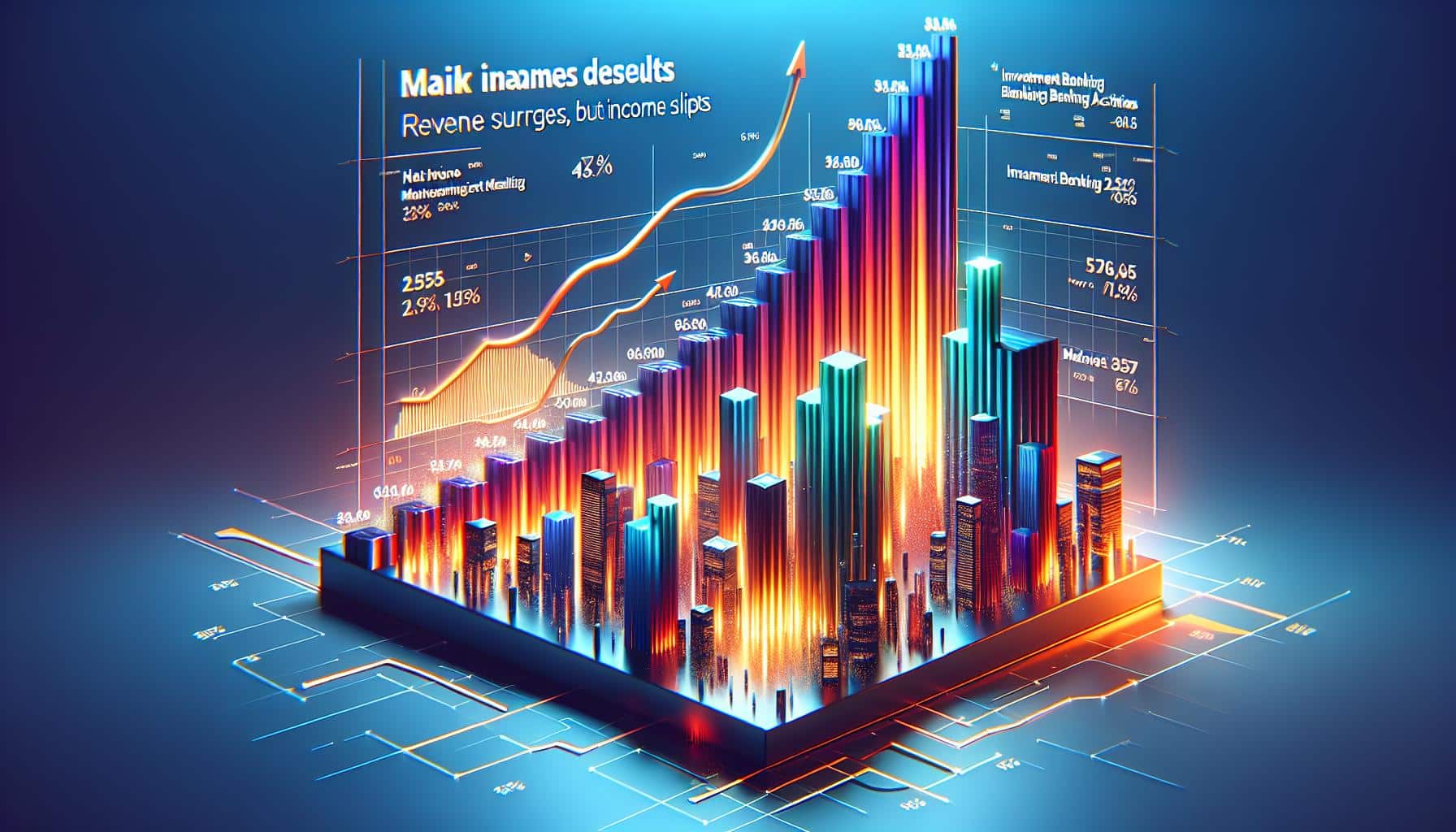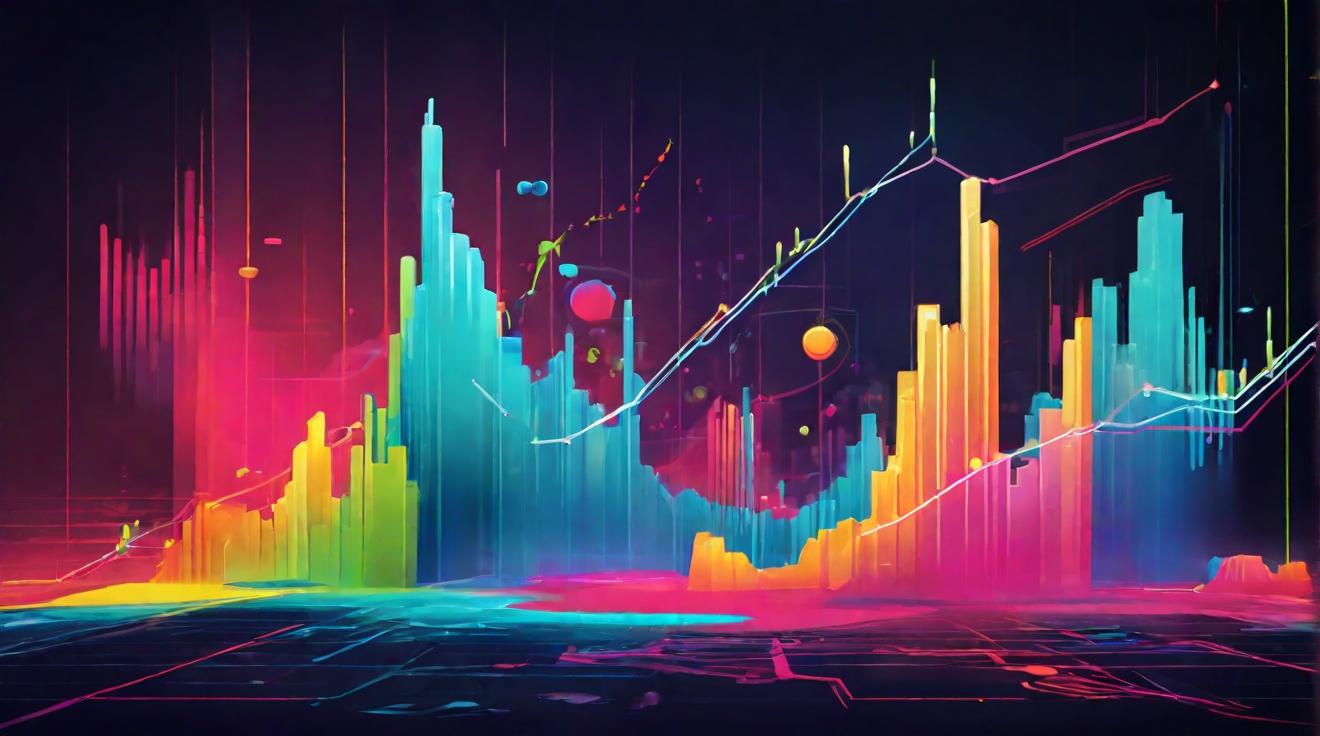The Rise of AI in the Music Industry: Suno Shakes Up Traditional Production
In the rapidly evolving digital landscape, artificial intelligence (AI) is increasingly becoming a game-changer, particularly in the creative sectors. A striking example of this technological leap is Suno, an AI-powered tool designed to generate music within mere seconds. Initially dismissed due to its rudimentary outputs, Suno has recently showcased its vastly improved capabilities, hinting at a revolutionary shift in the music production process.
Suno's Journey from Gimmick to Game-Changer
When Suno first appeared on the scene, its promise to churn out catchy songs based on user prompts in under 30 seconds was met with skepticism. Early attempts were marked by awkward lyrics and dissonant melodies, leading many to question its utility. However, following a feature by Rolling Stone on Suno's upgraded version – version 3 model – perceptions began to shift. With samples like “Soul Of The Machine,” Suno demonstrated an uncanny ability to produce eerily realistic tracks, nudging it from novelty to a serious tool for music creation.
How Suno Works
At its core, Suno operates much like other chatbots. Users input a musical prompt, from which Suno, leveraging a deep-learning model trained on a vast music library, generates a full song—lyrics, vocals, and instrumentation included. Despite some robotic quirks, the results are often impressively convincing, mimicking the nuances of actual musicianship. This technology illustrates both the potential and challenges of integrating AI in creative processes, where authenticity and originality are paramount.
Implications for the Music Industry
The advancements showcased by Suno are a harbinger of significant changes on the horizon for the music industry. From film and TV soundtracks to commercial jingles and podcast intros, AI-generated music is poised to become a cost-effective and efficient solution. Moreover, AI promises to revolutionize live performances and musical creativity, offering tools for previewing beats and enhancing compositions. Musicians like Lupe Fiasco harness AI to expedite the creative process, pointing towards a future where AI collaboration becomes the norm rather than the exception.
The Future of AI in Music
While Suno's rapid development raises concerns around copyright and originality, it also underlines the inexorable march of AI technologies. The music industry, much like other sectors, is set to witness a paradigm shift, with AI-generated music altering production, distribution, and consumption patterns. As AI continues to evolve, its integration into the creative process promises to unlock new possibilities, reshaping the landscape of music in unprecedented ways.
In conclusion, Suno's journey from an awkward gimmick to a potent tool capable of producing compelling music illustrates the transformative potential of artificial intelligence. As the technology matures, the music industry—and indeed, the broader realm of creative arts—must navigate the challenges and opportunities presented by this digital renaissance. The fusion of AI and human creativity heralds a new era in music, one where innovation and tradition converge to redefine the art form for the digital age.
Analyst comment
Positive news: The Rise of AI in the Music Industry with Suno shaking up traditional production.
As an analyst: The market for AI-generated music is expected to expand rapidly, offering cost-effective and efficient solutions for commercial jingles, film soundtracks, and more. AI collaboration in music creation will become increasingly common, revolutionizing live performances and enhancing compositions. However, concerns regarding copyright and originality will need to be addressed as AI technologies continue to evolve. Overall, the integration of AI in the music industry promises to reshape the landscape and unlock new possibilities.













